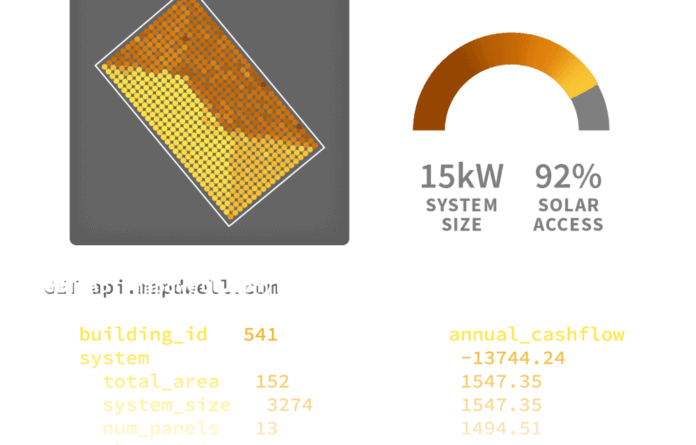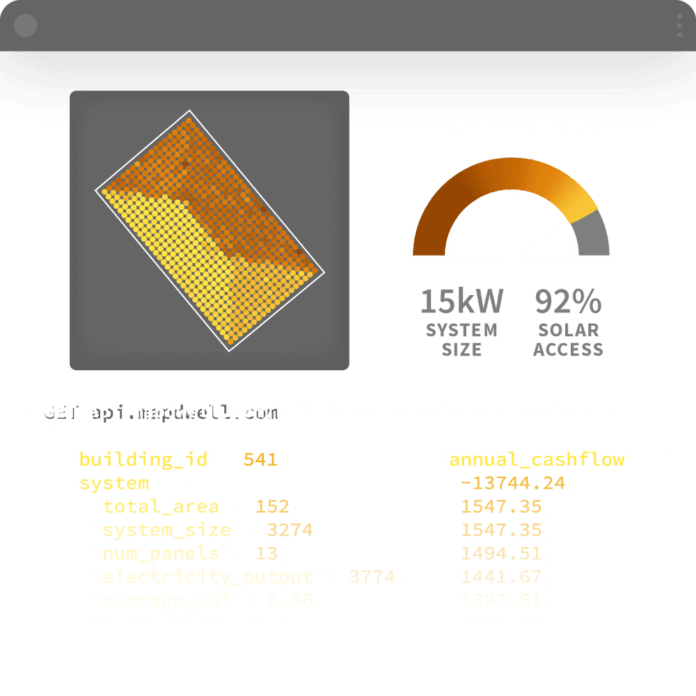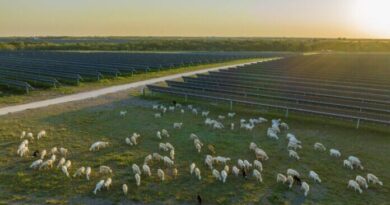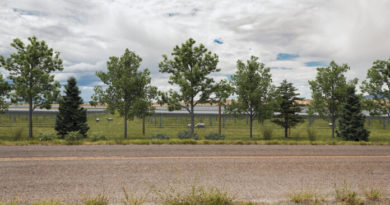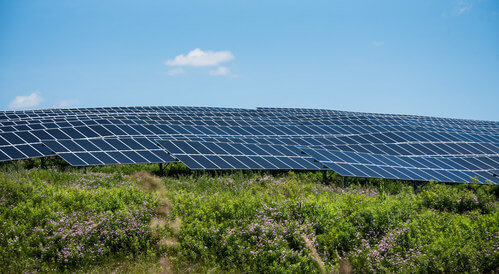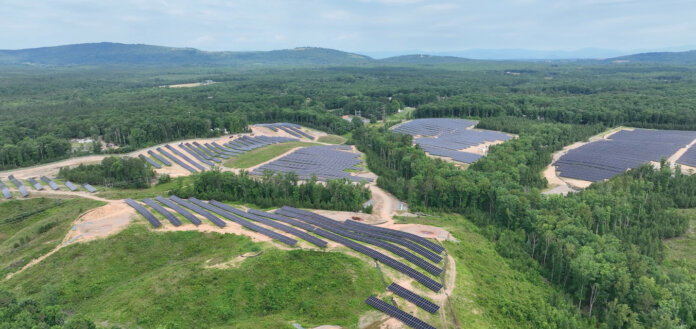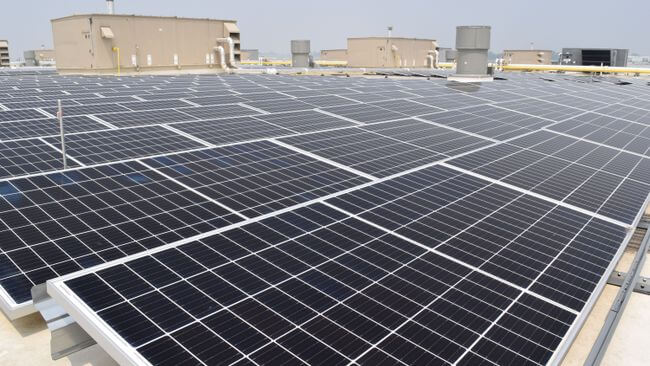Palmetto Maps Solar Coverage of More Than 100 Million Buildings
Palmetto’s Mapdwell division has mapped the solar potential and energy load profiles of over 107 million rooftops – approximately 75% of all U.S. buildings equating to 81% of the U.S. population – using its proprietary technology. Acquired by Palmetto in April 2021, Mapdwell also licenses this data via application programming interfaces (APIs) to utility companies, such as ConEd, Pepco, BGE and others, to further renewable energy initiatives across the country.
“Our deep tech and data capabilities are helping to accelerate the needed shift to clean energy on a societal scale,” states Chris Kemper, Palmetto chairman, founder and CEO. “The accuracy of Mapdwell’s technology helps educate consumers by providing unique and detailed information on their potential investment in solar energy. That information, coupled with our energy-as-a-service platform, provides an easier, faster and more intuitive way for consumers to adopt clean energy.”
“Reaching this milestone is a significant step forward for the solar industry. Mapdwell now covers 81% of the U.S. population in 38 states and Washington D.C., including all current Palmetto service areas,” says Eduardo Berlin, executive vice president of Palmetto and founder of Mapdwell. “Our goal is to map the solar potential and derive energy load profiles of every building across the U.S. – and we’re on track to accomplish just that in the very near future.”
Mapdwell’s technology, incubated at the Massachusetts Institute of Technology (MIT), provides an instant assessment of any building’s rooftop potential for solar energy production and battery storage, as well as a baseline energy load profile. Within minutes, customers can see their estimated cost-benefit analysis to determine whether installing solar panels would be worth their investment as well as calculate an estimate of the number of years it would take to earn back the financial investment.
Original Source: https://solarindustrymag.com/palmetto-maps-solar-coverage-of-more-than-100-million-buildings

